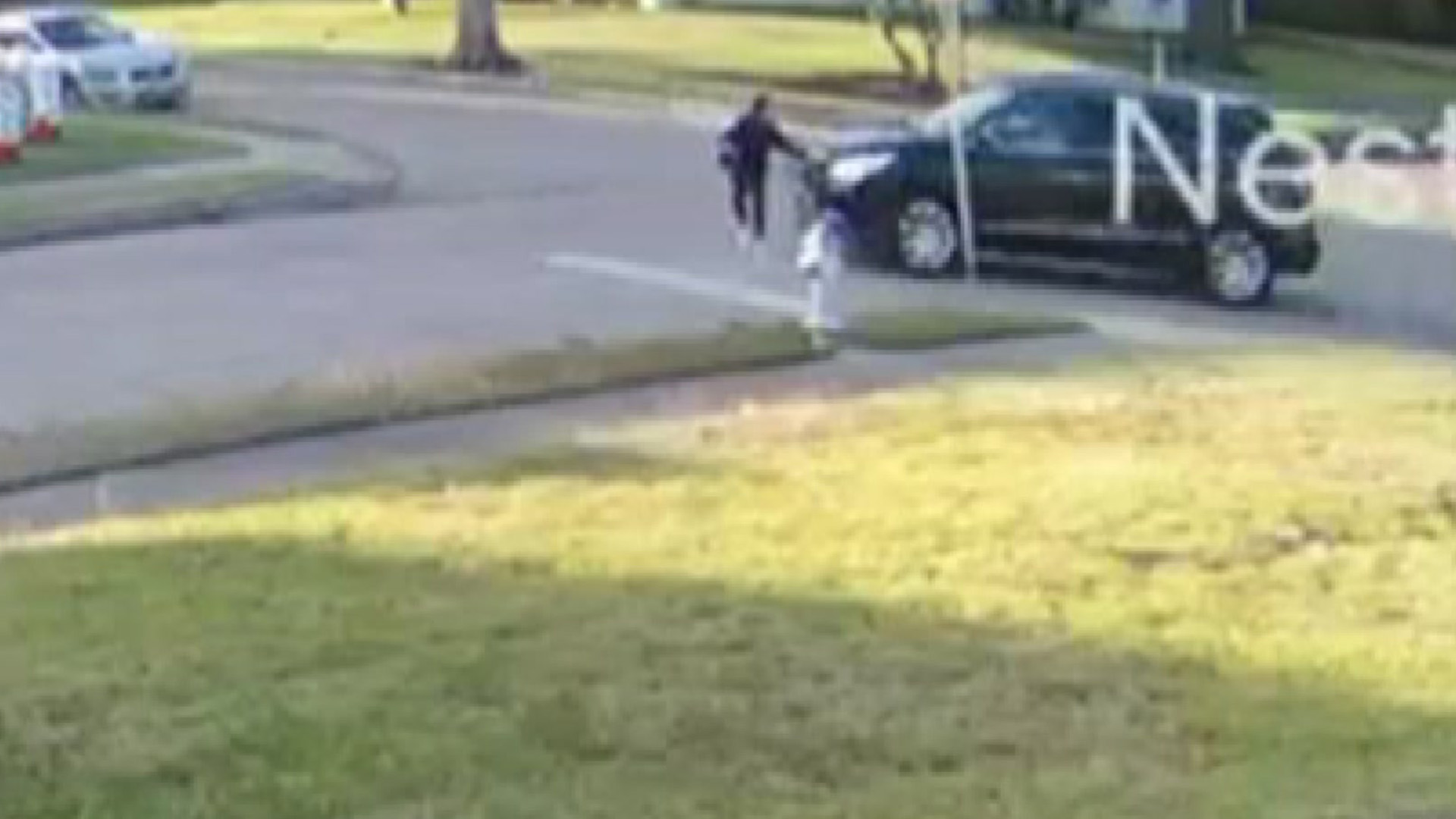A growing number of North Texas cities are telling Dallas Area Rapid Transit to do more with less.
Carrollton and Farmers Branch are the two latest DART member cities supporting a plan to cut 25% of its funding.
This comes as some cities want DART to explore other funding mechanisms to help support transportation needs for the next several decades.
Since its creation by the Texas Legislature in 1983, DART has been largely supported by 13-member cities' contribution of a full penny of sales tax revenue. The funding helped build out the infrastructure and the ongoing funding ensures the existing rail and bus lines are maintained.
Get top local stories in DFW delivered to you every morning. >Sign up for NBC DFW's News Headlines newsletter.
Carrollton mayor Steve Babick says the model needs to change.
“The funding today doesn’t work,” Babick said. “It’s just not a model that works right now.”
The Carrollton city council this week became the most recent to approve a non-binding resolution requesting the DART Board of Directors reduce the sales-tax contribution from member cities by 25%.
Local
The latest news from around North Texas.
The move comes after similar votes in Farmers Branch, Irving, Plano and Rowlett.
Jeamy Molina, chief communications officer with DART, says if approved it would mean a $6 billion loss in revenue over 20 years, leading to longer wait times and reduced service, especially in areas of south Dallas and west Dallas.
“Any reduction in our revenue and sales tax would be a huge impact to DART,” Molina said. “It’s very concerning, of course, because this is something that impacts many people.”
It’s the same message DART shared with its largest member city in May when members of the Dallas City Council questioned the impact if it diverted 25 percent of its DART funding to help shore up the police and fire pension.
Babick says Carrollton and other cities want the DART board to begin looking at new ways to fund the agency that will help it remain ready for the expected four million new North Texans arriving by 2050.
“We’re all in on DART, we’re not trying to shy away from DART,” Babick said.
Babick said if DART is willing to push for a change at the state legislature, to find an ongoing state-level funding source and add member cities paying in, it would offset any revenue lost from a 25-percent reduction from existing cities.
“A new approach to meet tomorrow’s needs to be thought of today and funding is a component of that,” Babick said.
Cities, including Carrollton, have said the extra revenue returning to the cities would allow them to be more competitive in terms of economic development with other municipalities in Denton and Collin counties.



